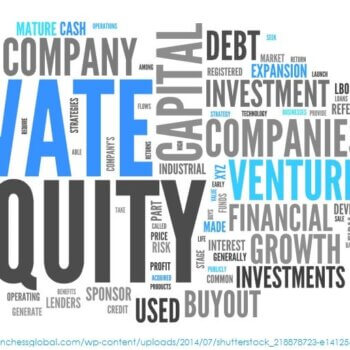1 – Being inflexible and not actively seeking or using customer feedback
Ignoring your users is a tried and true way to fail. Yes that sounds obvious but this was the #1 reason given for failure amongst the 32 startup failure post-mortems we analyzed. Tunnel vision and not gathering user feedback are fatal flaws for most startups. For instance, ecrowds, a web content management system company, said that “ We spent way too much time building it for ourselves and not getting feedback from prospects — it’s easy to get tunnel vision. I’d recommend not going more than two or three months from the initial start to getting in the hands of prospects that are truly objective.”
2 – Building a solution looking for a problem, i.e., not targeting a “market need”
Choosing to tackle problems that are interesting to solve rather than those that serve a market need was often cited as a reason for failure. Sure, you can build an app and see if it will stick, but knowing there is a market need upfront is a good thing. “Companies should tackle market problems not technical problems” according to the BricaBox founder. One of the main reasons BricaBox failed was because it was solving a technical problem. The founder states that, “While it’s good to scratch itches, it’s best to scratch those you share with the greater market. If you want to solve a technical problem, get a group together and do it as open source.”
3 – Not the right team
A diverse team with different skill sets was often cited as being critical to the success of a starti[ company. Failure post-mortems often lamented that “I wish we had a CTO from the start, or wished that the startup had “a founder that loved the business aspect of things”. In some cases, the founding team wished they had more checks and balances. As Nouncers founder stated, “This brings me back to the underlying problem I didn’t have a partner to balance me out and provide sanity checks for business and technology decisions made.” Wesabe founder also stated that he was the sole and quite stubborn decision maker for much of the enterprises life, and therefore he can blame no one but himself for the failures of Wesabe. Team deficiencies were given as a reason for startup failure almost 1/3 of the time.
4 – Poor Marketing
Knowing your target audience and knowing how to get their attention and convert them to leads and ultimately customers is one of the most important skills of a successful business. Yet, in almost 30% of failures, ineffective marketing was a primary cause of failure. Oftentimes, the inability to market was a function of founders who liked to code or build product but who didn’t relish the idea of promoting the product. The folks at Devver highlighted the need to find someone who enjoys creating and finding distribution channels and developing business relationship for the company as a key need that startups should ensure they fill.
5 – Ran out of cash
Money and time are finite and need to be allocated judiciously. The question of how should you spend your money was a frequent conundrum and reason for failure cited by failed startups. The decision on whether to spend significantly upfront to get the product off the group or develop gradually over time is a tough act to balance. The team at YouCastr cited money problems as the reason for failure but went on to highlight other reasons for shutting down vs. trying to raise more money writing:
The single biggest reason we are closing down (a common one) is running out of cash. Despite putting the company in an EXTREMELY lean position, generating revenue, and holding out as long as we could, we didn’t have the cash to keep going. The next few reasons shed more light as to why we chose to shut down instead of finding more cash.
The old saw was that more companies were killed by poor cashflow than anything else, but factors 1, 2 and 4 probably are the main contributing factors to that problem. No cash, no flow. The issue No 3 – the team – is interesting, as if I take that comment ” I didn’t have a partner to balance me out and provide sanity checks for business and technology decisions made” and think about some of the founders and startup CEOs I know, I can safely say that the main way that any decision was made was by agreeing with them – it was “my way or the highway”. I don’t therefore “buy” the team argument, I more buy the willingness of the key decision makers to change when things are not working (aka “pivoting” – point 9).
_________________________________________________
About the Author
This article was produced by Broadsight. Broadsight is an attempt to build a business not just to consult to the emerging Broadband Media / Quadruple Play / Web 2.0 world, but to be structured according to its open principles. see more.





























